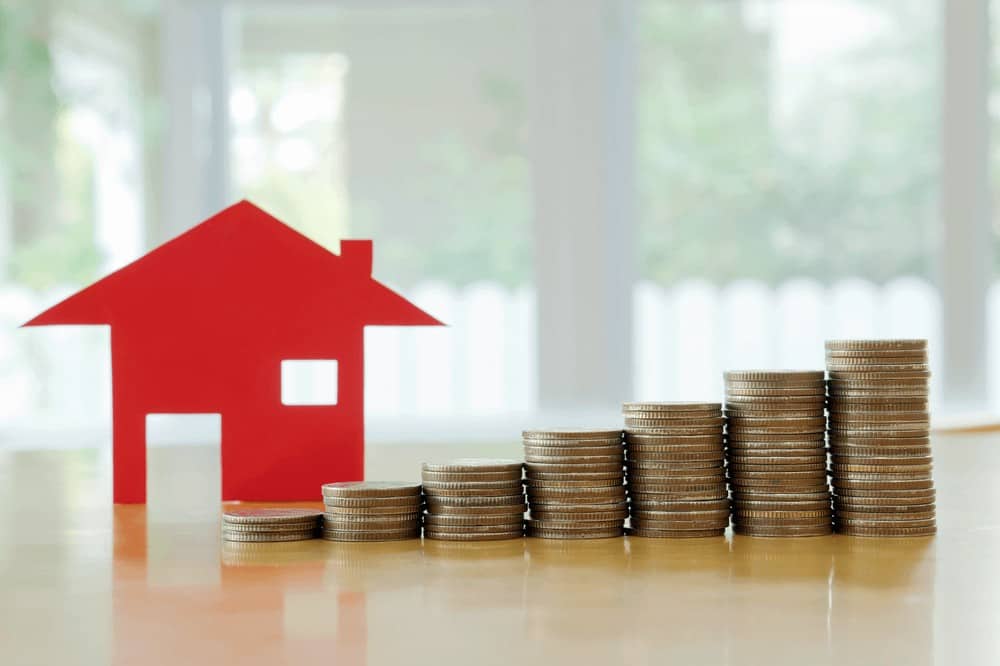Questions to Ask When Choosing a Landlord Accountant
Questions to Ask When Choosing a Landlord Accountant
Blog Article
Keeping Financial Records Organized with Landlord Accounting Strategies
Managing hire qualities may appear frustrating for new landlords, but mastering the fundamentals of accounting causes it to be easier. Understanding landlord accounting can help you monitor income, reduce problems, and produce tax period much less stressful. This information breaks down the basics, offering you statistics, real-life ideas, and the fundamental steps you need to know.
Why Accurate Accounting Matters for Landlords
About 70% of house homeowners say handling finances is their greatest challenge. Excellent recordkeeping does significantly more than keep you prepared; it can improve profitability and assure you follow regional housing laws. By tracking every transaction, you will have a better image of your property's efficiency, creating decision-making simpler.

Monitoring Revenue and Costs
The first crucial step in landlord sales is separating personal and hire finances. Start a different bank account limited to hire payments and expenditures. Taking every buck that comes in and out can help you see your true return on investment.
Frequent Types of Hire Income
Monthly rent from tenants
Late costs
Dog costs
Parking or storage costs
Typical Costs to Record
Mortgage and fascination payments
Home fees
Insurance premiums
Maintenance and repairs
Utilities (if paid by the landlord)
House management expenses
For all landlords, utilizing a simple spreadsheet performs at first. Just make sure you upgrade it frequently to avoid any surprises down the track.
Crucial Accounting Methods
Landlord accounting typically uses 1 of 2 techniques:
Income schedule accounting records income and costs when money is actually obtained or paid. Most little landlords begin here since it's an easy task to manage.
Accrual schedule accounting logs money and costs when they are gained or charged, even when no money has transformed hands. This supplies a sharper financial image for anyone handling multiple properties.
Pick the method that matches your comfort level and house profile size.
Duty Deductions and Conformity
Standard tax deductions for landlords include mortgage curiosity, fixes, and depreciation. Missing these can mean overpaying taxes. About 25% of small landlords overlook deductions since their files are incomplete.
Keep forward by checking bills and keeping electronic or bodily copies. And recall, duty principles may possibly change according to wherever your home is, so evaluation local directions or consult with a professional.
Getting Started with Sales Software
Traits show over 50% of landlords use pc software resources to help with bookkeeping. Modern accounting application automates several tedious projects, like arranging bills, creating reports, and tracking late payments. If you are only starting, free or low-cost programs offer templates to increase your process.

Take Get a grip on of Your Rental Finances
Whilst a beginner, a couple of wise behaviors may improve your landlord accounting. Reserve time monthly to review your finances. Use these periods to check on for lacking bills, unpaid rents, or mistakes. With the best groundwork, you'll gain assurance, raise your rental revenue, and prepare yourself for tax time.
Understanding sales basics not merely saves money but in addition protects your expense for the extended term. Begin with structured records, consistent methods, and a focus on continuous development, and you will be on course for successful home management. Report this page